T HE D ALTON B ROTHERS
AND THEIR
ASTOUNDING CAREER OF CRIME

T HE D ALTON B ROTHERS
AND THEIR
ASTOUNDING CAREER OF CRIME
B Y
An Eye Witness
A LSO INCLUDES THE CLASSIC BIOGRAPHY
Black Jack Ketchum:
The Last of the Hold-Up Kings
BY E D B ARTHOLOMEW

Skyhorse Publishing
First Skyhorse Publishing edition 2013
Special contents copyright 2011, 2013 by Palladium Press
All Rights Reserved. No part of this book may be reproduced in any manner without the express written consent of the publisher, except in the case of brief excerpts in critical reviews or articles. All inquiries should be addressed to Skyhorse Publishing, 307 West 36th Street, 11th Floor, New York, NY 10018.
Skyhorse Publishing books may be purchased in bulk at special discounts for sales promotion, corporate gifts, fund-raising, or educational purposes. Special editions can also be created to specifications. For details, contact the Special Sales Department, Skyhorse Publishing, 307 West 36th Street, 11th Floor, New York, NY 10018 or info@skyhorsepublishing.com.
Skyhorse and Skyhorse Publishing are registered trademarks of Skyhorse Publishing, Inc., a Delaware corporation.
Visit our website at www.skyhorsepublishing.com.
10 9 8 7 6 5 4 3 2 1
Library of Congress Cataloging-in-Publication Data is available on file.
ISBN: 978-1-62087-586-5
Printed in the United States of America

EDITORS NOTE
As we noted in a companion volume in your Frontier Classics Library, The Authentic History of Sam Bass and His Gang; the most obvious targets for the bad guys in the Old West were the places where the money was: stagecoaches, banks, and trains. The four Dalton brothers and Black jack Ketchum gained their principal notoriety from robbing trains. It was a violent activity, and during the last quarter of the nineteenth century, all save one of these characters were to die as violently as they had lived: two of the Dalton brothers in 1892, another in 1894, and Black Jack Ketchum in 1901. The stories of their colorful lives were told in two separate books, brought together for the first time in the edition before you.
 THE DALTON BROTHERS
THE DALTON BROTHERS 
The Dalton brothers Gratton (Grat) (1861-1892), Bill (1863-1894), Bob (1870-1892), and Emmett (1871-1937) were sons of Adeline Younger Dalton (aunt of outlaws Cole and Jim Younger). They were born in Missouri, part of a large family that ultimately included fifteen children. In 1882, the Dalton family immigrated to the Indian Territory (now Oklahoma), and four years later moved to Coffeyville, Kansas.
Although these four young men were to become the main members of one of the most brutal band of outlaws on the western frontier, their older brother Frank (1859-1887) was a highly respected deputy U.S. marshal. He was killed in pursuit of whiskey runners in the Indian Territory near the Arkansas border.
Perhaps in hopes of avenging their brothers death, Grat, Bob, and Emmett became lawmen (Bill, who would later join the gang, moved to California and became a farmer). But enforcing the law was clearly not suited to the brothers. At age nineteen, Bob, now a deputy U.S. marshal, killed a man, and declared he had done so in an official capacity, although this was disputed. Soon thereafter, Bob and Emmett were accused of introducing alcohol into the Indian Territory. Later that same year, a charge was made against Grat for stealing horses.
Bob and Emmett fled first to New Mexico and then to California, where Bill and Grat joined them. The brothers and their gang robbed trains in California and throughout the Indian Territory.
In 1892, the gang began to rob banks. Bob Dalton boasted that he would beat anything Jesse James ever did rob two banks at once, in broad daylight. On the morning of October 5, 1892, Bob, Grat, and Emmett, along with two other members of the gang, rode into their hometown of Coffeyville, dismounted, and divided into two groups to rob the C.M. Condon & Company Bank and the First National Bank. As one group of robbers entered the Condon Bank and pointed their guns at the tellers, a passerby looking through the banks window recognized the Daltons (despite their fake beards). When the gang left the two banks, townspeople fired at them. Three residents and Town Marshal Charles Connelly were killed, as were Bob, Grat, and two Dalton gang confederates. Emmett received twenty-three gunshot wounds and was soon captured. After fourteen years in the Kansas penitentiary, he was pardoned. He died in California in 1937.
Several gang members and Bill Dalton continued to commit robberies throughout the Indian Territory for several years. Yet all were ultimately killed by lawmen, Bill by Loss Hart on June 8, 1894.
 BLACK JACK KETCHUM
BLACK JACK KETCHUM
Thomas Edward Black Jack Ketchum (1863-1901) was born in Texas, and during his early years worked as a cowboy and cattle driver. In 1890, at the age of twenty-seven, he moved with his brother Sam to the Pecos River Valley in New Mexico, formed a gang of outlaws, and began robbing trains. The groups first robbery, of the Atchison, Topeka & Santa Fe Railroad, took place in 1892 near Deming, New Mexico; the gang netted twenty thousand dollars.
On June 10, 1896, the two Ketchum brothers robbed a shop and post office in Liberty, New Mexico. They killed two members of a pursuing posse and then escaped into Wyoming, where they linked up with other outlaws at Hole-in-the-Wall Pass in Johnson County.
Operating from their hideaway at the Hole-in-the-Wall, Black Jack and Sam Ketchum, along with several gang members, started robbing trains in an area near Folsom, New Mexico, known as Twin Mountain. On September 3, 1897, they robbed a train of about twenty thousand dollars in gold and forty thousand dollars in silver. On July 11, 1899, the gang (minus Black Jack) took fifty thousand dollars from a train in the same area. An ensuing gunfight with a posse near Cimarron, New Mexico, resulted in the death of three posse members and the wounding of several outlaws, including Sam Ketchum. Although Sam escaped, he was soon tracked down and arrested. He died of his injuries in the New Mexico Territorial Penitentiary.
On August 16, 1899, just weeks after his brothers train robbery, Black Jack tried to rob the same train at the same location. The conductor, recognizing him, shot him in the right elbow. Ketchum fell out of the train, which proceeded on its journey. A posse found him the following day, and after he had his arm amputated and underwent recovery, he was convicted of the capital crime of felonious assault upon a railway train. The law was found to be unconstitutional, but this determination was made too late to be of benefit to Black Jack. He was hanged on April 26, 1901, an event with a grisly aftermath. Through a combination of circumstances the inexperience of the hangmen, the excessive length of the rope, and Black Jacks considerable weight gain during his incarceration he was decapitated, at that time the only recorded instance of decapitation in a judicial hanging in America.

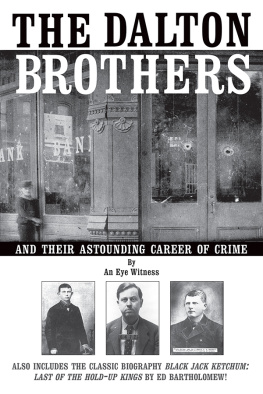




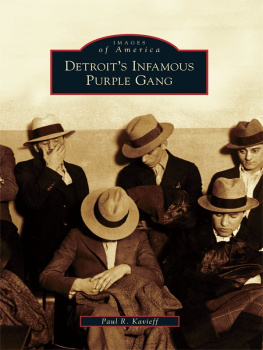
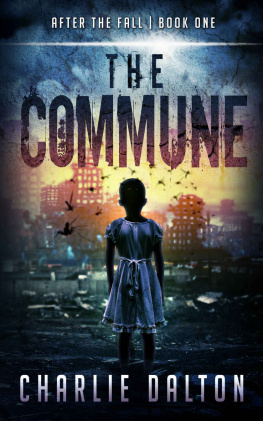

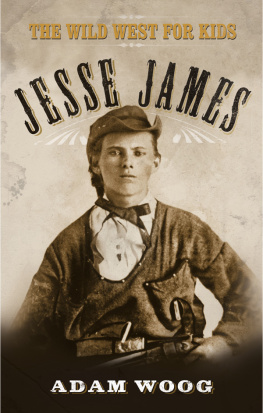
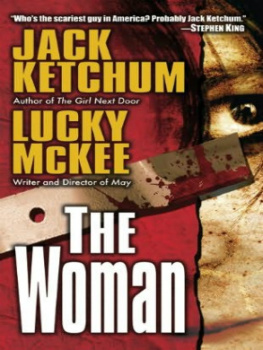



 THE DALTON BROTHERS
THE DALTON BROTHERS 